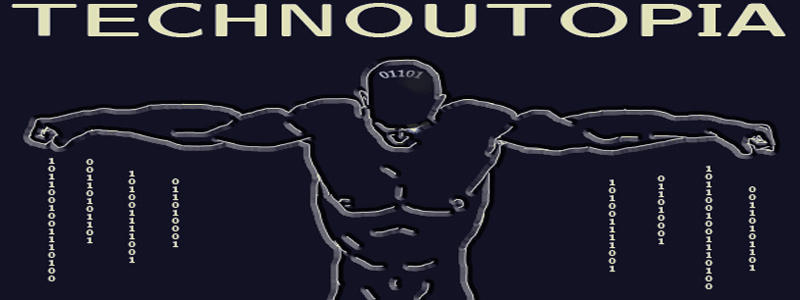"Strains of such techno-utopianism have filtered into the Silicon Valley mindset (even if few executives there work ten-hour weeks). Lately, post-scarcity arguments have been evoked to oppose the more odious aspects of copyright protection. The implication is that if cultural goods have become more or less free to distribute, then legal prohibitions against unauthorized copying no longer make sense."Thanks to Corey for sending me this article. Its an interesting take on some peeps' excessive optimism in light of the digital revolution. The author makes a good point: the miraculous economies of scale and the near-costless distribution and (sometimes) creation of content in the digital world doesn't mean that scarcity in the real world is about to end. Yet if I look in my crystal ball, I do see the power and reach of the digital (and its associated technoutopian economics) expanding into more and more aspects of our lives.
When you get beyond basic needs (food, shelter, transportation), much of what is left in our daily activities can be put online or enhanced digitally: entertainment, communication, socializing, even fitness (can you say Dance dance revolution or Wii-sports), religion (yes I look forward to the day when we "attend" church services online, by vid-cast, blog, IM, vid-conferencing etc.), fashion (is that a new outfit that your avatar is wearing -- its simply stunning!), and of course the arts. In all of these things we'll see the collective content-creation (ala wikipedia or open-source software), free distribution, free storage; truly a world where "scarcity" is a thing of the past. When was the last time you paid money for a web browser? for banking software? for an email program? for a media player program? for a search tool? dare-i-say for a song?
I predict that in 20-30-50 years much more of our lives will occur on-line, and most of that portion of our life will be governed by a "post-scarcity" economy where pretty much everything is free (though there will be new forms of currency such as the value of getting someones attention or focus -- ads -- and the value of reputation ... sort of an updated version of Rome's old notion of dignitas and autoritas.) Of course we'll still need to live in homes or appartments and we'll still need transportation to get places and we'll definately need the floor-to-ceiling ultra-HD thin-film monitors in every room and the ceiling-mounted 12.1 surround sound systems, and the artificial intelligence major-domo that runs the house -- oops that's not a physical thing. My point is that we'll still need real stuff, that will cost real money, but that "stuff" will take up a smaller and smaller share of our lives.


No comments:
Post a Comment